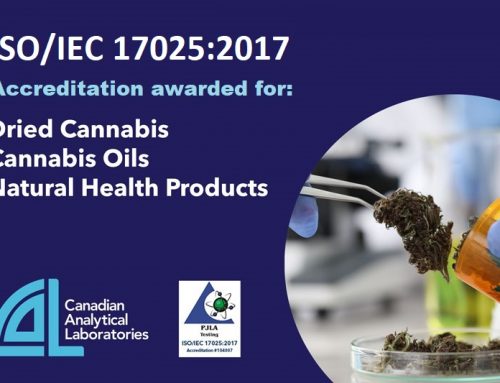Ethanol-based hand sanitizers are ubiquitous in our daily lives. Hand hygiene has always been so very important to good health but never have they been so widely accepted as they have in the past 12 months. In Canada, hand sanitizers from every corner of Earth have been imported and distributed. We now know that the grade of ethanol used in the manufacture of finished hand sanitizer is crucial in meeting regulatory requirements for the purpose of public safety.
However how do you ensure regulatory compliance for finished products that have already been manufactured domestically or imported and where impurities were not analyzed at the raw material stage? The conventional Gas Chromatography (GC) approach unfortunately fails to provide a quantitative estimation of the many potential impurities that may be present.
Over the past year, companies and clients alike have come to us seeking a solution to compliance actions initiated by Health Canada and FDA. These actions involve regulators looking for the appropriate impurities testing data on the imported products as well as for domestically produced products.
To meet this challenge, as a part of our rapid method development program and as a testament to the incredible dedication and agility of the scientists at CAL, we have been able to rapidly develop analytical methodology using Gas Chromatography to quantify fourteen of the common and some not so common impurities present in the finished product.
To request testing please contact us. To learn more about Rapid Method Development please visit Method Development, Validation and Transfer.







